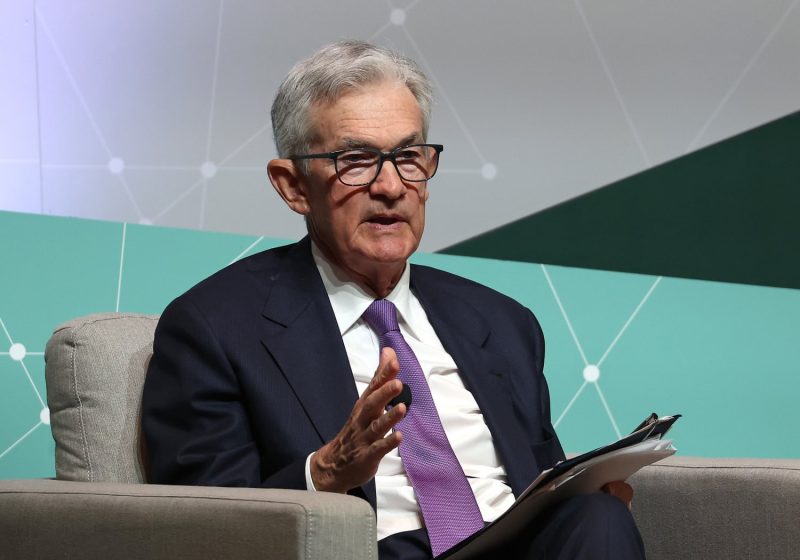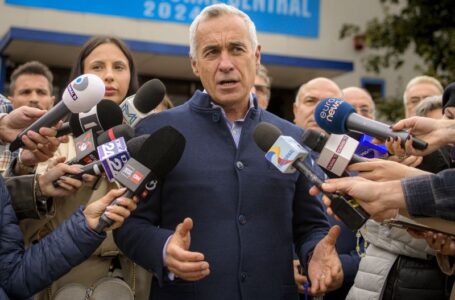Prosecutor requests 20-year sentence for Dominique Pelicot in mass rape trial
‘They can’t get it wrong again’: Economists are increasingly uncertain about Fed rate cuts this year


The U.S. Federal Reserve is determined not to reduce interest rates too soon — and some economists say recent data has pushed a summer cut completely off the table.
Friday’s jobs report reiterated the seemingly unwavering strength of the U.S. labor market and suggested further need for Fed caution. All eyes will now be on Wednesday’s consumer price index, after February’s annual inflation rate of 3.2% came in slightly higher than expected.
It comes as a growing number of market participants have raised the possibility of no rate cuts at all this year, including Minneapolis Fed President Neel Kashkari who said last week that no reductions were a possible scenario if inflation continued to move sideways.
George Lagarias, chief economist at Mazars, told CNBC on Monday that rate cuts in the summer were now looking much less likely.
“Personally, I wouldn’t be surprised if we saw less rate cuts and pushed more towards the end of the year,” he told “Squawk Box Europe” on Monday.
“This is a strong economy. Make no mistake, it is backed by debt and somewhat by overburdened credit cards, but it is a strong economy. So the Fed will struggle to find the case to cut rates soon.”
Market pricing reflects the ongoing uncertainty, with the probability of a rate cut now under 50% for both June and July, according to the CME’s FedWatch tool — significantly lower than at the start of the month.
“The Fed has been punishing itself ever since 2021 when ‘team transitory’ ostensibly got it wrong. … What they feel is that they can’t get it wrong again, which means that they’re more likely to err on the side of caution,” Lagarias added.
Despite this, he said it remains “very likely” that there will be rate cuts this year.
“They do have some room to cut, but they don’t want to get it wrong. They do not want to be the Fed that cut rates as inflation kept beating expectations. So they want to see more data toward the right direction and they are willing to wait,” Lagarias added.
Speculation that there could be no interest rate reductions this year has been growing, although economists remain divided.
Torsten Slok, chief economist at Apollo Global Management, said last month that he doesn’t expect any cuts as the U.S. economy is “simply not slowing down,” and top U.S. asset manager Vanguard has no rate reductions as its base case for the year.
Whereas former Federal Reserve Vice Chairman Roger Ferguson told CNBC last week he sees a 10%-15% chance of no cuts this year.
Other analysts and economists are still backing the Fed’s own signaling in March that it expects three quarter-percentage point cuts this year.
Based on current growth and inflation forecasts, Goldman Sachs Chief Economist Jan Hatzius told CNBC on Friday he would “expect some rate cuts based on what Chair Powell and other Fed officials have said.”
“The timing of that of course is going to depend on near-term data, on the reaction function from the Fed but under our forecast I would be quite surprised if we didn’t get rate cuts this year. Quite surprised.”











